From the Chicago Reader (June 26, 1992). — J.R.
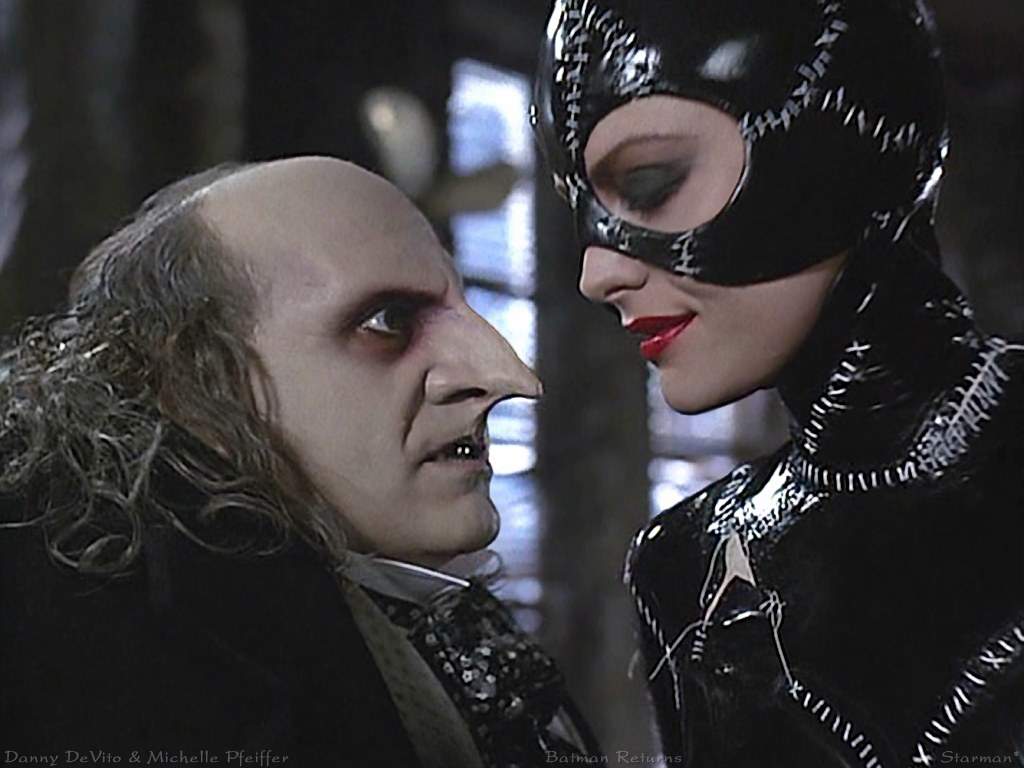
BATMAN RETURNS
* (Has redeeming facet)
Directed by Tim Burton
Written by Daniel Waters and Sam Hamm
With Michael Keaton, Danny DeVito, Michelle Pfeiffer, Christopher Walken, Michael Gough, Pat Hingle, Michael Murphy, Cristi Conaway, and Andrew Bryniarski.
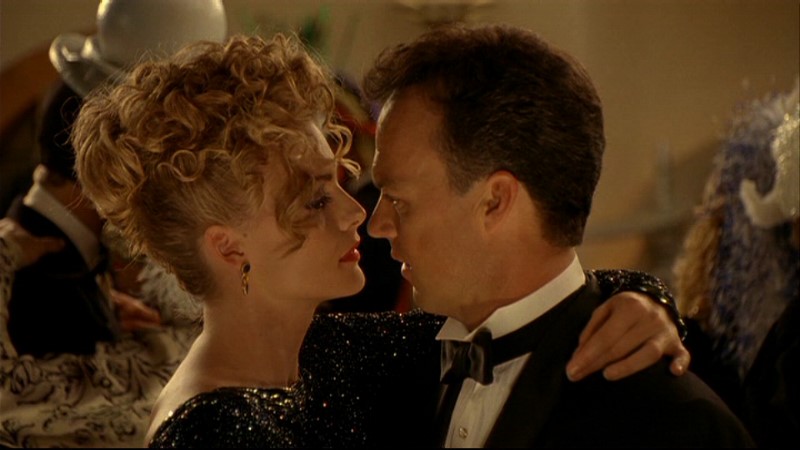
Even the title of Batman Returns is something of a lie, referring not to the fictional world of the story — where Batman can’t be said to return because he’s never been away — but to the dent this sequel is supposed to make in our lives. But how much of a dent can it make when it has virtually no characters, no plot, no fictional world, no mise en scene, no ideas, no developed feelings, no inspiration, no adventure, no sense of inner necessity beyond its status as an investment and marketing tool? It’s arrested development on every possible level.
Like everyone else who squeezed into Webster Place’s after-midnight shows on opening night, I was primed for some sort of revelation, however minor. It didn’t have to be elation; a good dose of mean-spirited negativity might have sufficed. I was ready for anything that could qualify as a mood changer — or barring that, a simple harking back to the original Batman, which had plenty of flaws but at least could boast the demonic vigor of Jack Nicholson’s Joker and his nihilistic media crimes, and a certain obsessional uniformity of mood and decor. Read more
Commissioned for a 2011 collection in French devoted to the work of Marylène Negro. My friend Nicole Brenez, who engineered this commission and who translated this piece into French, added a couple of footnotes that I’ve adapted and appropriated here. — J.R.
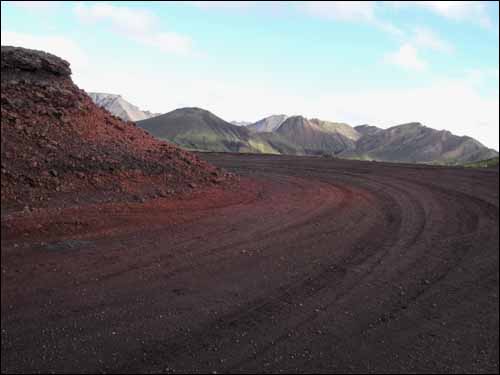
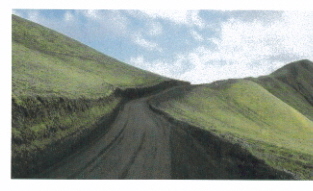
“I don’t believe in a cinema of literary narrative,” Abbas Kiarostami says in Around Five (2005), “but I don’t believe that cinema can exist without telling a story.” He elucidates this paradox by arguing that viewers consciously or unconsciously impose their own narratives, even on still photographs. And indeed, Roads of Kiarostami [see illustration below], a 32-minute film which Kiarostami also made in 2005, largely consists of imposing his own narratives on his own black-and-white photographs, all of which show roads passing through landscapes. The imposed narratives in this case consist of zooming in and out of or panning across these photographs, which are initially connected to one another by lap dissolves, and then of Kiarostami speaking in voiceover about how and why these photographs came to be taken.
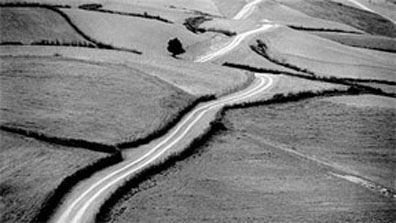
To contemplate roads passing through seemingly uninhabited landscapes — which is what Kiarostami mainly does, and is what Marylène Negro does in her 22-minute film Seeland, also made in 2005 — is fundamentally to ask two different questions: what is nature with and without mankind, and what is narrative? Read more
From the Chicago Reader (August 18, 2000). More recently, Naomi Klein, one of my heroes, has written about some of the more salient differences between the WTO demonstrations and the more recent ones on Wall Street: see, for instance, this article, as well as others on her website. — J.R.
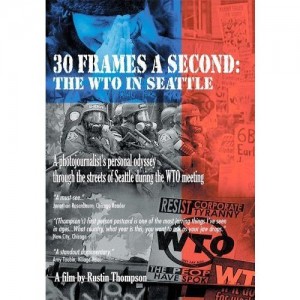
30 Frames a Second: The WTO in Seattle
Rating *** A must see
Directed and written by Rustin Thompson.

If I had to review Rustin Thompson’s video documentary 30 Frames a Second: The WTO in Seattle in only three words, I’d say it’s honest, energizing agitprop. Some readers may regard this as an oxymoron, but it’s one account of the Seattle events I’ve been waiting for, receiving its world premiere at the Chicago Underground Film Festival this Sunday at 1:30 PM. Yet the information it has to convey is almost entirely of the you-are-there variety — there’s no genuine analysis. It evokes 60s demonstrations in a number of ways — including such standbys as bare-breasted, body-painted teenyboppers and burning dollar bills — and pays particular attention to the music performed by demonstrators (one folksinger even sounds like Arlo Guthrie), coming much closer in feeling to something like Woodstock than to radical 60s documentaries produced by Newsreel. Read more






